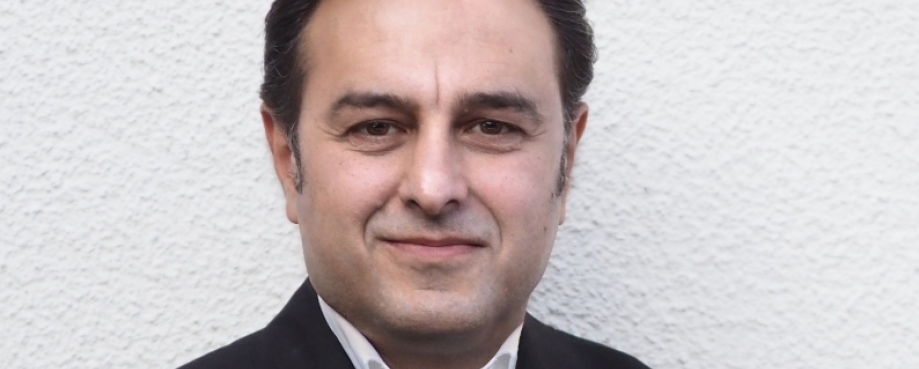
We realised it was possible to comply with legislation by declaring 'intent', without necessarily driving hard action and change. We want to go beyond these declarations of intent, and hold ourselves to a high standard of intervention and accountability.
Adil Khan, CEO, Liberty
Why did you take the decision to apply to become a member of ETI?
When we embarked on mapping our supply chain, we knew that it would be a huge task to build transparency and conduct due diligence in depth.
To fully inform our strategy, we wanted to reach out to other likeminded entities so we could share learning, best practice and experiences. We knew ETI would provide the platform for us to do this - acting as our “critical friend” as we began building our programme.
ETI also gives us the opportunity to engage meaningfully with other brands who are doing great work, and with NGOs and trade unions. For us, becoming a member is a “seat at the table”; a space to collaborate with a multitude of other stakeholders who all have a declared interest in ethical standards and working conditions for people in our supply chains.
What have been your greatest learnings since starting this journey?
From the start, we have been concerned with ensuring working conditions in our supply chain adhere to ETI’s Base Code, with mitigating the risks of modern slavery being a primary driver. On this subject, we realised it was possible to comply with legislation by declaring "intent", without necessarily driving hard action and change. We want to go beyond these declarations of intent, and hold ourselves to a high standard of intervention and accountability. This requires significant effort and investment in visibility, education and sustainable remediation.
What’s the biggest challenge you face in terms of due diligence and mapping your supply chain?
Liberty London has a vast range of product categories, including fabric, accessories, food, apparel and homeware. Tracing the supply chains for each product category is something we are tackling now, but understanding where human rights risks might surface through the tiers is also something we are continuously educating ourselves on. We believe membership of the ETI will accelerate our knowledge of potential risks, whilst also providing a knowledge "forum" where we can share experiences with other members and achieve a significantly greater scale of intervention than we could alone.
Why is it so important to show sector leadership on ethical trade?
Many businesses share a moral imperative to do business with decency and with respect for people. When leadership drives an ethical agenda, it reminds us all to act responsibly and to consider the positive and negative impacts of how we work. Liberty is respected and has a long history in retail and craft - we hope to put our skills and reputation at the service of the movement for ethical trade.
When leadership drives an ethical agenda, it reminds us all to act responsibly and to consider the positive and negative impacts of how we work.
What, in your opinion, is the secret to securing senior level buy in on ethical trade in a company such as Liberty?
For us, establishing a CSR Steering Committee made up of Director-level stakeholders has been pivotal. It has elevated CSR as an internal priority, rallied the organisation to act, and provided a framework within which our Leadership Team can work.
We now have a forum to set targets, discuss issues, establish objectives, and update each other on progress. Targets are shared out beyond just the CSR function, and troubleshooting together drives a sense of ownership. Ethical trade is a collective responsibility at Liberty, and our commitment to it runs deep in our organisation.
READ: New member focus - Liberty
